|
Guest Blog by Dr. Swagata Nandi Dasgupta I grew up in Kolkata, a sprawling metropolis in the Eastern part of India; a land of music, poetry, culture, theatre, education, strong political views,street food and quintessential sweetmeats like the rossogulla and misti doi (sweet curd).A land where a few isolated words align themselves into poetry and a heated argument sounds like a lyrical drama. I trained as a clinical psychologist, got married and moved and settled down with my husband, friend and soulmate amongst the glittering lights of Mumbai. Life in Mumbai was fast paced and I was able to secure a good job and soon began a thriving practice in one of the suburbs. Though it was a cultural change, I remained a Bengali, as we call ourselves, at heart and found my own little Calcutta right here. As young, successful couples do, we moved into a bigger house and began the process of starting a family. It is then that disaster struck. It was the year 2012, as the cauldron lit up for the London Olympics, I had a miscarriage. And as if to rub salt into my wounds, I was now diagnosed a diabetic. I was horrified and depressed, not just because of the tragedy, but it dawned onto me that that I may not become a mother. Even if I did, my child may have learning difficulties. I may become blind, have nasty foot infections and might even lose a leg or even both, which I have seen happening to my neighbour. I may even may die early and not enjoy a peaceful retired life. It was a feeling of shock and denial. I blamed myself, the decision to move to Mumbai, my new lifestyle, job, husband, neighbours, fate, friends and even the shopkeeper across the road for my state. My life had changed for ever and the forever effervescent, vivacious, a bit intellectual Bengali girl had transformed into a petulant, irritable and extremely pessimistic demon. This reflected in the way I dealt with doctors and was dissatisfied and changed doctors frequently because no one could cure me, at least that is what I thought. I got a grip however, very religiously adhered to the diet, exercises and the medicines brought my blood sugar under control eventually. I have always been a good host and invited people over for sweet treats like sweets, cakes, pastries, chocolates and of course misti doi, without which my life was incomplete. I tortured myself seeing other people eat these as what I told them was that this made me happy, so people came over and fed themselves in an apparent act of altruism; but deep down I was torturing myself as my cravings were unbearable and it extended to other high carb foods like rice and potato. I felt embarrassed in social occasions and used to consider myself a problem when I refused sweets. Everyone took turns to lecture me, claiming to be experts, who reminded me over and over again that I was different and I felt shunned. But I religiously continued and was able to achieve very strict control of my blood sugar, because I was doing it for my unborn child. My sugar was fine, but I was destroyed and barren within. Still things did not go to plan. I miscarried twice again. Now I was barren within and outside. After my third miscarriage, my husband and I decided to let go. We gave up the treatment for infertility. My blood sugar was reasonably under control and I decided to take some liberties. If I fancied a doughnut, then I skipped a meal. If I ate a sweet at a social occasion, which I love, I`d walk for an extra 15 minutes and when I checked my glucometer on Saturdays, it was always in the green. I know that my foodie days are over and I shall never be able to indulge again. But who wishes to indulge? I have come a long way from my humble upbringing. I am not keen on diamonds or gold and not brand conscious either. I wish to do my job well, have a good family and be happy. The whole world wishes to stop indulging and lead a disciplined life. Diabetes has given me an opportunity to do that. I have developed a philosophical and fatalistic attitude to diabetes. I believe that we always aim for perfection in life and this brings with it stress and unhappiness. The most important thing in life is to accept one`s imperfections and making the best out of it. The state of the mind is the most important and if we believe that we are well, then we are. So, today, I have learnt to welcome and embrace diabetes as a way of changing my direction in life and this is what I try to inculcate in people who need my help. Being a clinical psychologist, I am not new to mental disasters. I battle with these disasters every day, win some and lose some. But in a perverse way, my first disaster was very special. I wish I had met myself in 2012. This is my life. 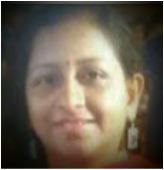 The author is a practicing clinical psychologist in Mumbai, India
0 Comments
As a surgeon, the best management of the intricacies of diabetes mellitus is usually, “Get the Diabetes nurse” or if people had been really nice we, would add “please”. This was always the case for decades when one morning at 7:45 am when I (DB) walked into the Vascular Surgery ward to be greeted by an eerie, sombre silence. There was no morning rush about, the purposeful cacophony and the usually perfectly and very artfully organised surgical accompaniments that would signify a patient leaving for theatre were conspicuous by their absence. The deafening silence was broken by the senior nurse breaking the news to me that a middle aged Asian lady, due for an operation today had been found unconscious with low blood sugars in her room. She had been revived, the medical team had seen her and the Diabetic nurse was on her way. “She wishes to see you”, which meant now. The one thing that differentiates Asian patients is the presence of a large number of relatives of all ages. Everyone wishes to be useful, whether needed or not. Wading through a sea of people I entered her room to be greeted by a tiny, pale, shell shocked lady, scared, with an expression that said, "I want to go home". As we made eye contact, her expressions betrayed a sense of longing which turned into hope. Something told me that she had a story to tell which had so long been under wraps of fear of a strange kind. As she was the only person scheduled to have an operation,which now stood cancelled, after a few brief orders to the team, sat down with the nurse at her bedside and for the next hour had my first real lesson on diabetes. I do not know what prompted me, probably the premonition that there was more to this than meets the eye. She was an immigrant from the Indian subcontinent and had come by sea as a blushing 18 year old bride with her husband, who was settling in the UK and doing various jobs. She had borne him four children, three daughters and the youngest was a son. The three daughters were well educated, married and lived close by and most importantly held good jobs.Her son lived far away and was at university. A couple of years back; she was widowed, when her husband lost a hard fought battle with cancer. The same year, she developed diabetes and had her first chest pain. “Mild”, she told me in her lisping English. She could get by though, but sometimes her vision failed her, which she put down to her fluctuating blood sugar. She was put on insulin at the beginning of the year, which was a bit of a problem, because this meant more involvement of her family and herself in learning how to manage. Her life had been turned upside down, she said and though apparently, she was well looked after, there was a story that still eluded us, which she was eager, but hesitating to tell us. “Did you ever have anything like this before?” “No”, she said “not so bad”. “Then, how bad?” She took a deep breath and began. For the last six months, her blood sugars were fluctuating. Every day, she felt dizzy, faint, sweated had palpitations, but never lost consciousness. Whenever this would happen, she had developed a system when she would sit down and wait for it to go spontaneously. Most of the time she needed sugar and then would be better and waited for the next one. These would come about five times a day. “Does your doctor know?” She was now being managed by the University Hospital. But to go there she needed to walk a hundred yards and catch a bus. She would have to get off the bus and walk another hundred yards. Most days she did not manage to get out of the house. “What about your daughters”? Then she began in her lisping English “My husband and I toiled hard in foreign land to provide our children with good education so that they get good jobs and become independent. Today, when we have achieved that, my duty is to help them concentrate on what we wished for them and not become an intrusion in their lives. I have the best children in the world and I am a proud mother. Involving them would mean them taking time off from work and spending time with her mother, maybe regularly. That is why she had never even told them about the daily occurrences. Her children visited her twice a day, but she never told them about what happens in between. She even managed to hide her appointment letters from them. It was only when her leg was severely painful with the ulcers and she could not hide it, one of her daughters had literally scooped her up and brought her to the hospital. And now all hell had broken loose.
For her it was all about doing her duties and suffering for a greater goal. She was completely unaware of the solutions that were available to her and was now in a situation, which probably could have been avoided. Though there was no dearth of resources, it was a matter of channelising and directing resources in a purposeful direction. She was silent, but as silence fell, and eyes swelled, there could not have been a better lesson about diabetes and life. Though we believe that we always do our best, there are so many lessons to learn and so many different angles to look at. She need not have suffered. All she needed was an informed friend – maybe a `friend in her phone`. One of the passions that we share is the study of people. Their habits, behaviour, hopes, aspirations, fears and attitudes to life. It is always interesting to see people in serious business conversation especially about health, mention a few anecdotes of their own or `get by` a few decisions or even punctuate conversation with a few opinions of their own. Some of these are often valuable insights because they come from real people in the real world. We met a senior lawyer in the twilight of her youth who showed a keen interest in what we were doing. She had extremely good habits, ate healthy and exercised regularly and spent a whole evening doing water sports with her eldest daughter. She could not remember anyone in her family who actually suffered from diabetes. She had some idea about what diabetes was as she had seen some advertisements and mentioned that these days everyone is conscious about staying healthy but sometimes becomes difficult to follow. Then the thought dawned upon her. “What if I get diabetes tomorrow?” Then her expression changed. Gone were the smiles, chuckles and grins. Horror filled where mirth left and went pale then grey. She had three children, two beginning their careers and one at University. Her husband was retiring next year, so it was belt and braces. She had a big job and this is something that she could do without. “I wouldn`t know who to turn to”. She knew about the intrusion of the disease in her life and further intrusion that the management would bring. This would mean appointments, taking time off from work, tests and God forbid – insulin. Heart problems, stroke, kidney problems, eye problems and she had heard that bad news always came at night. “What if something happened at night?” What enmated was a mixture of anxiety and helplessness. It was disconcerting to see someone in the developed world, supported by one of the best health services and working for one of the world`s leading companies feeling paranoid about a problem that she feared she would share with one tenth of the world`s population. At this current moment, she did not wish to think about it and wanted to usher in her husband`s retirement gracefully. She wished that none of her children would ever need to look after her. She wished that she would be able to help her children achieve their wildest dreams and take them individually to places that they wished to go as kids. After all she had worked for it.
If ever, she did develop diabetes or any other infirmity as a matter of fact, she wished to have complete knowledge about her condition from somebody kind and responsible who understood her. She wished to be supported through all her life`s events, whether it is happy or not. She wished to know what she could and could not eat, how much and how she needed to exercise and what she could and could not do and could be open and truthful to her responsible person without fear of getting coaxed. What she was looking for is a good friend, who also doubled up as a good, caring doctor who treated her well and kept her out of trouble. And she wanted this friend round the clock and should be able to access it anytime from the comfort of her mobile phone. “Looks like you want a genie”. “Yes, she said. I`ve worked hard for king and country and kept my company out of trouble. Its time they got me a genie in a phone. (This is a true story and the subject has preferred to stay anonymous). “The old order changeth; yielding place to new, And God fulfills himself in many ways, Lest one good custom should corrupt the world” – Lord Tennyson Not too long ago, a young lady waited outside the clinic door anxious to know whether she had or did not have breast cancer. Inside was a raging debate within the healthcare team whether the lady needed to be examined only to be told that she did not have any breast cancer. She had been examined a week before, had specialised X-rays, scans and even a small biopsy from a suspicious area and was all clear. “Not reassuring”, the nurse protested when she learnt that the lady, who now stood biting her lip would not need to go through the entire ritual of being undressed, covered with a gown, lay on the bed, examined only to be told that she had got the “all clear”. In decades of her practise, no one had ever exited this centre of excellence without a thorough examination. In the end the young lady only when she voluntary relinquished her "right" to be examined, was the good news was broken to her. It was needless to say that the sigh of relief and the radiance of joy on her countenance dissipated any remote thoughts of an incomplete consultation. She thanked the team profusely for the meticulous care taken of her and walked off in her merry ways. In some ways this was the birth of a new order. Hippocrates wrote: “It is more important to know what sort of person has a disease than to know what sort of disease a person has.” It is quite unthinkable to make any healthcare decision regarding the person, without physically being in close proximity of the person.All this is beginning to change. Some of the physical healthcare interactions are superfluous both to the pocket and to the body as well as mind. With dwindling resources, it is now prudent to divest non-essential expenses both financial and non-financial more gainfully. For a gainfully employed person, self or otherwise, it is a matter of taking time off, spending time and money on transport and finding and further spending on parking, subsistence and then on reaching to be told that the clinic has been delayed. In the end, it may just be a small reassuring consultation. This can be done from home, work or anywhere and we have the technology available. If there is a need then there is always the opportunity to visit healthcare professionals. In certain conditions like cystic fibrosis, this is a boon as a hospital visit maybe risky for fear of infections. The world of technology has been moving at breakneck speed in producing applications so much that one can have all the information and literally self-manage his health in his hands. There are about a million apps in the market; multiple methods of monitoring physiological variables and even treat the body and mind if necessary. This is where the question lies. Can we rely on technology to treat us, or do we need the old fashioned health care professional to talk to us, understand our individual needs and take decisions. Though technology is fast emerging as a very useful ancillary in patient management, it is still not able to replace the health care professional. Of the applications available, some are definitely very promising and have made the work of the healthcare provider easier. Telemedicine and real-time monitoring has enabled early and decisive interventions that avert hospital admission and catastrophies. In a health system that is stretched these definitely are emerging as necessities. Mental health is another area where organisation of services is very difficult. The jury is out whether the “app can cure the mind”. Though there is a significant increase in people becoming `connected`, there is a large section of people that is not particularly internet and computer savvy, which is a challenge. But overall the rise of the new age precision medicine has given the healthcare provider a unique opportunity to provide better healthcare at lower costs. In conclusion, both systems can coexist harmoniously and every effort must be made to provide options to people to determine their own means of interaction without fear or prejudice. This needs a very careful approach, understanding and empathy regarding dealing with people. We always seem to forget the healthcare providers will need support, training and medico-legal protection to execute what will be new age medicine with the empowered patient. |
AuthorsDebashis Archives
December 2016
|






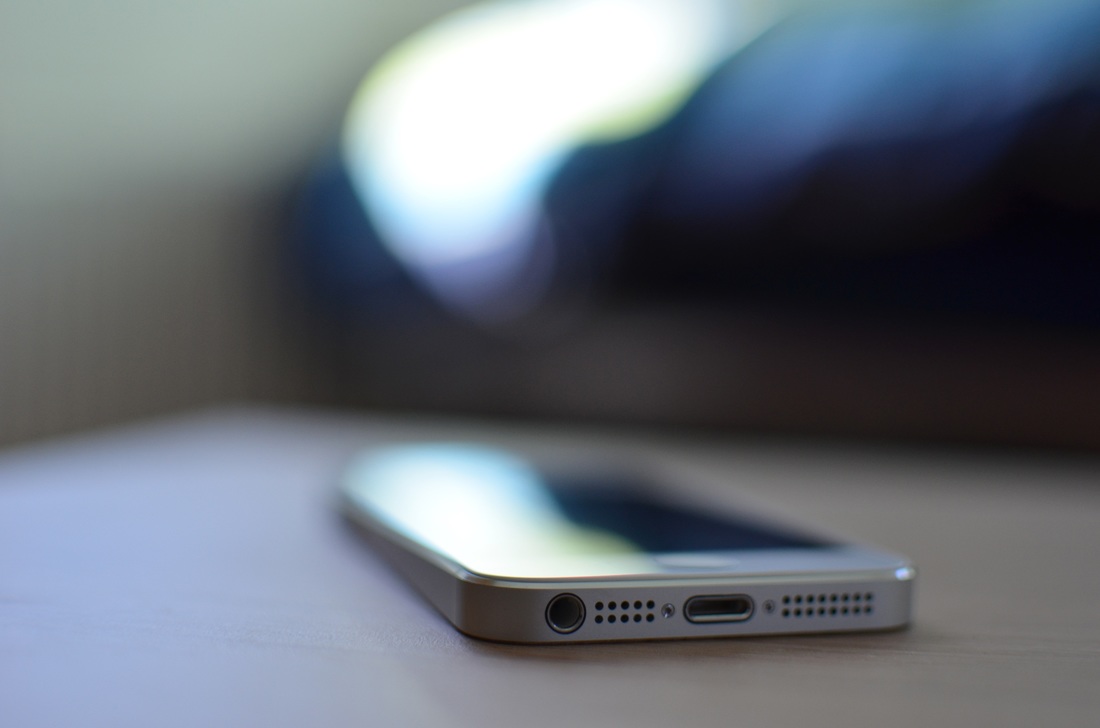


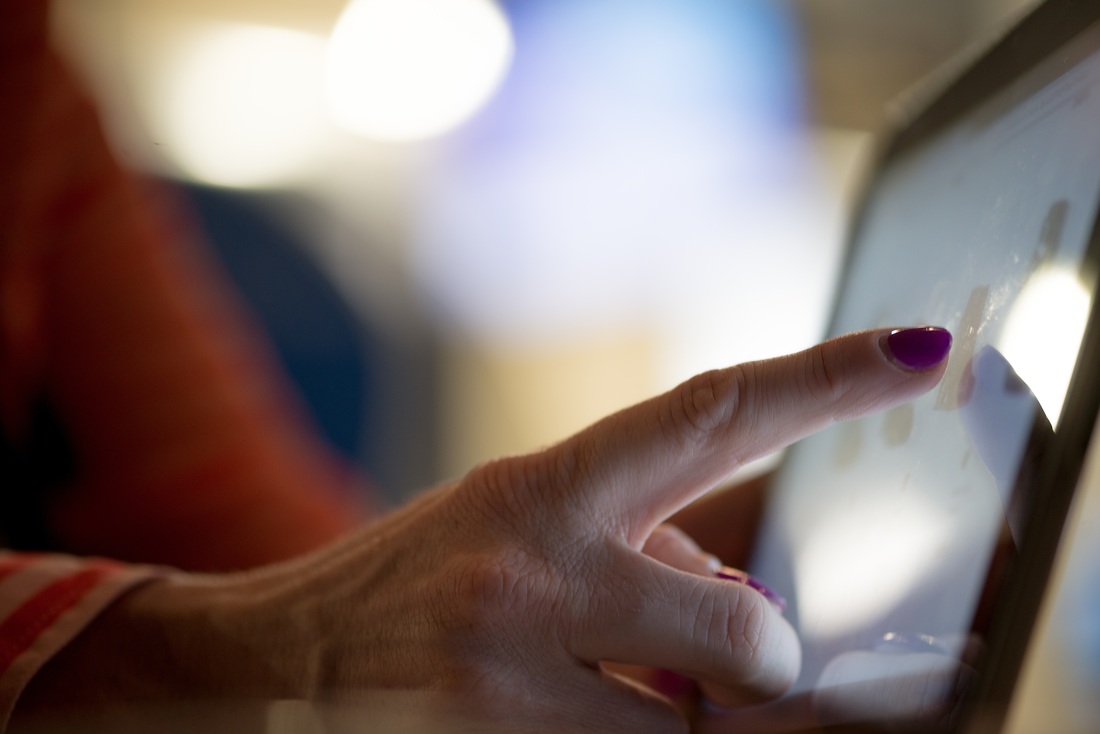
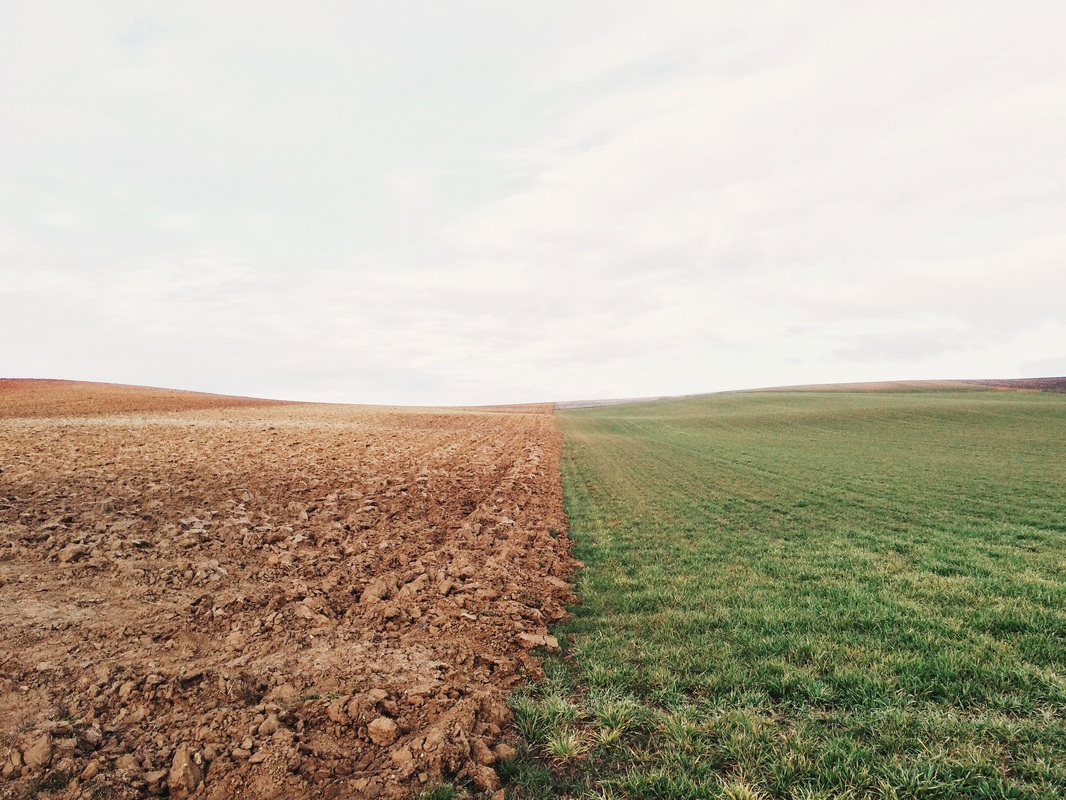
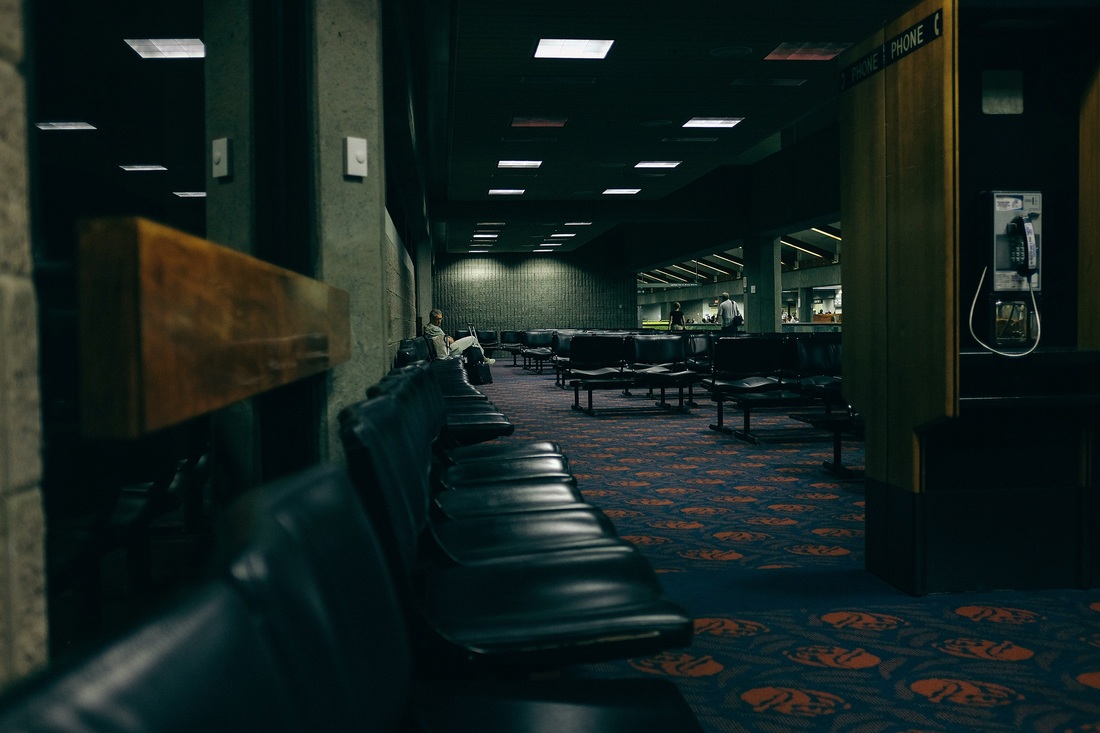
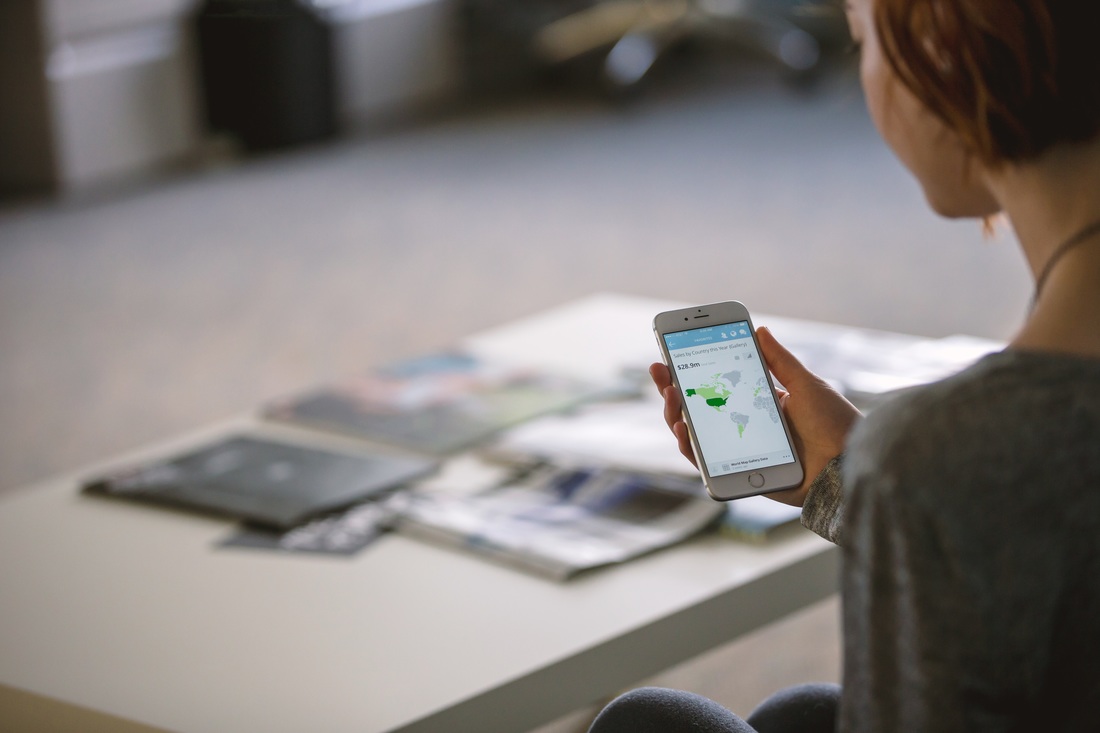
 RSS Feed
RSS Feed
